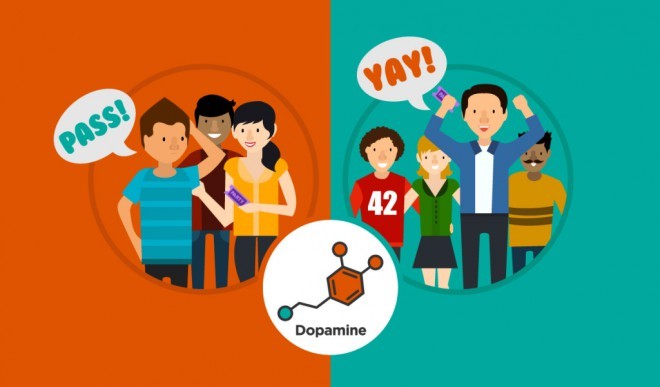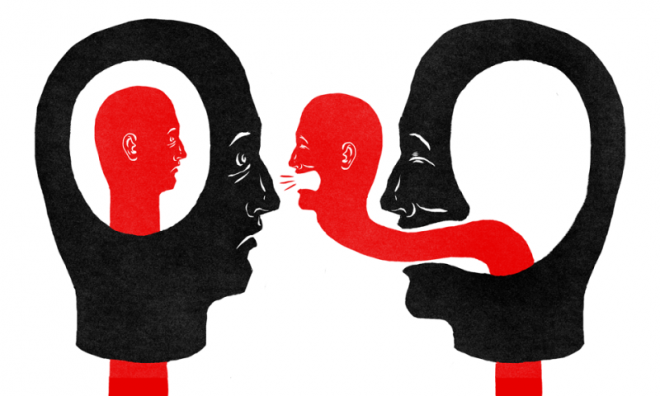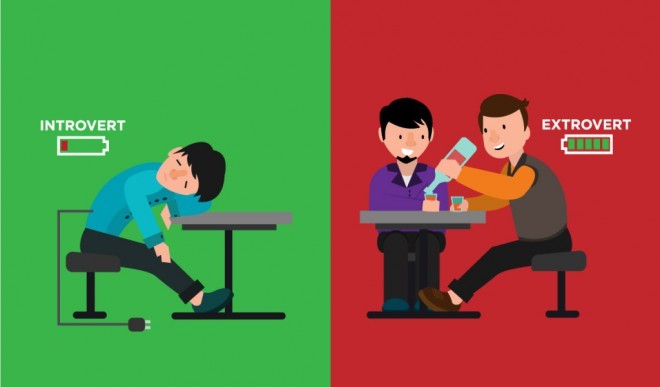Have you ever felt like a lone wolf? To escape from socializing and (boring) conversations? Do you prefer to be alone with your thoughts and don't care what others think? Well, you're actually not alone. Many people prefer their own company to the crowd around them. But how does society see such loners? As is customary, they put a label on them. Freaks, we hear it most often. Is stigmatization really necessary? Of course not.
let's see what the profession says about people who prefer to be alone. Only in this way can we understand them more easily. You know, we fear the unknown the most.
READ MORE: SCIENCE SAYS YOU'LL BE 65 PERCENT CALMER AFTER THIS SONG
1. Loners love people.

The people you see are not misanthropes, far from it. They just need more time to get used to them and understand them. Courtesy chats to these people (small talk) do not go well, but they are still important in establishing contacts with people. Not mastering these skills is probably also the reason why loners despise such conversations.
2. They are open-minded and open-minded.

If people prefer silence and do not join the conversation, it does not mean that they are full of prejudices, unfair opinions or even condemnations. They probably feel safer if they are quiet or they talk quietly to themselves.
3. They are mostly not neurotic.

Who is supposed to be a neurotic anyway? Very briefly, this is someone who is prone to anxiety, depression, obsessiveness, compulsiveness and hypochondria. Introverted people have little in common with these psychological disorders. Let's illustrate with an example.
In a line of people waiting to enter a party:
Neurotic: "Most people will hate me anyway!"
Introvert: "I want to go home."
The difference is pretty obvious, isn't it?
4. They are excellent listeners.

It's kind of logical, isn't it? If they don't talk much, they probably spend more time listening. Nancy Ancowitz, author of Self Promotion for Introverts: The Quiet Guide to Getting Ahead, writes that introverts can learn to listen, which will come in handy in all areas of life.
Perhaps this is not the case only small talk, which, as already said, introverts despise, and then you won't get their attention.
5. They get restless quickly.

Research in which brain function was measured using special devices showed that the brains of introverts and extroverts work differently. Dopamine, a neurotransmitter that mobilizes the body's energy resources, is more expressed in extroverted people. The result is that we are active, lively and in a good mood. We also develop motivation for success, social acceptance, advancement, in short, qualities that are visible from the outside. Introverts, on the other hand, have more pronounced acetylcholine, also a neurotransmitter that works opposite to dopamine. Not outwardly, but inwardly.
Noise, crowds and similar loud factors do not please introverts, and if they do not manage to find a quiet corner, they quickly feel anxiety, restlessness or tension.






